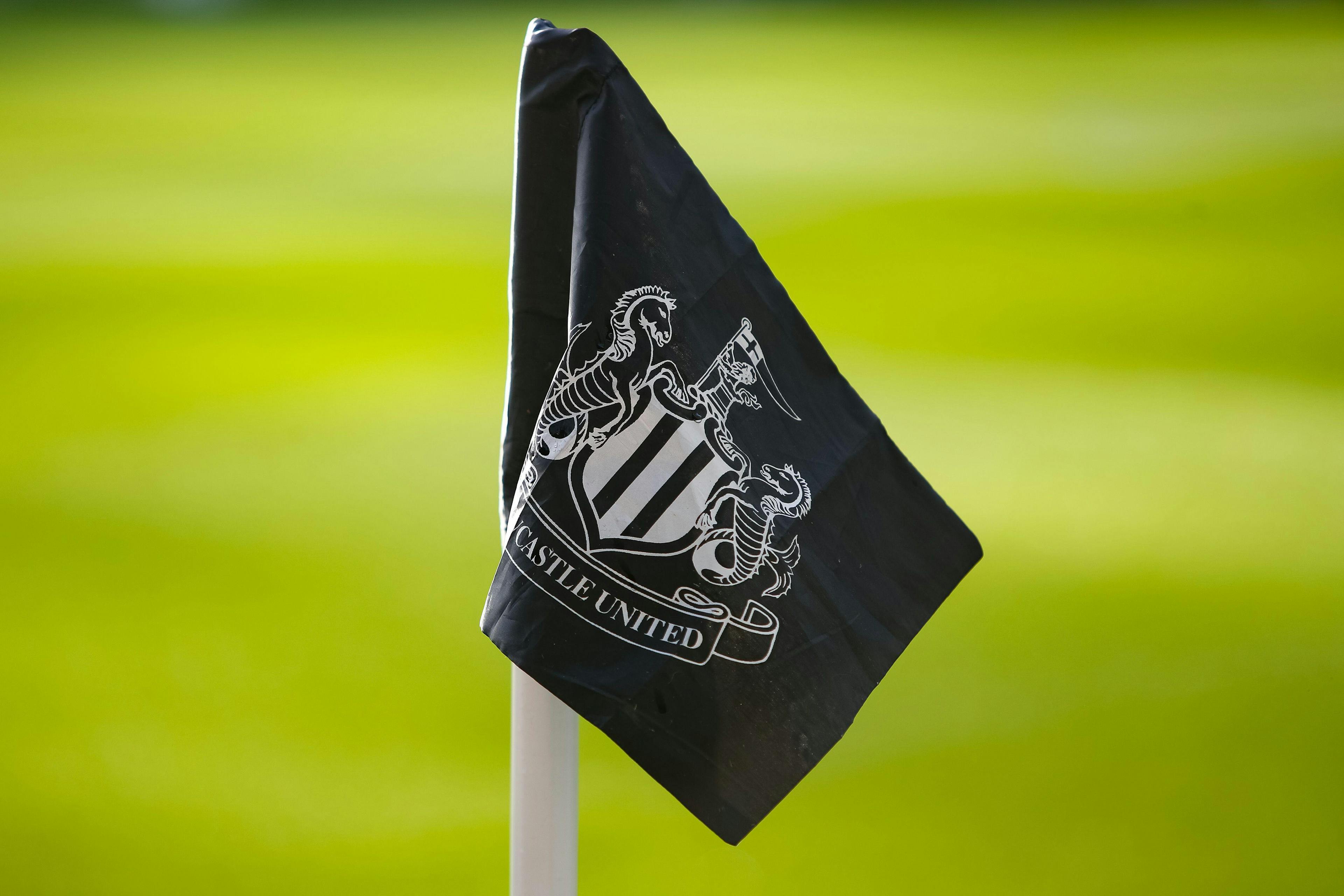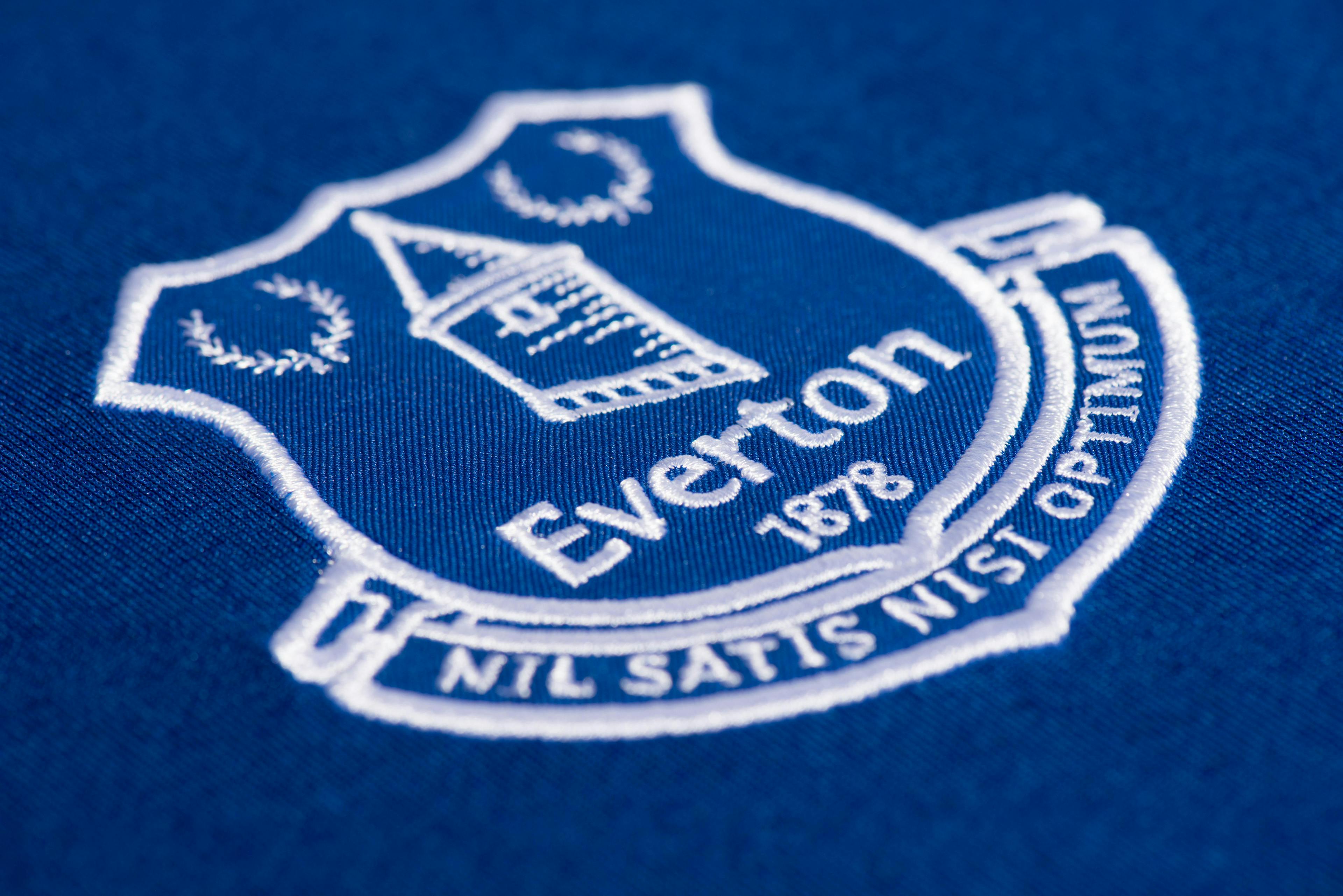Silvio Piola is Serie A’s all-time top goalscorer having scored an impressive 274 goals in 537 matches, averaging 0.51 goals per game.
The former Italy forward’s goals came between 1929 and 1954 for the likes of Pro Vercelli (51), Lazio (143), Juventus (10) and Novara (70) in what was a very impressive career path which even saw him fire in 30 in 34 appearances for his national side.
Piola actually never managed to win Serie A, which in itself is a great shame due to his goalscoring record, having finished as a runner-up with Lazio in 1936/37, as well as with Juventus in both 1945/46 and 1946/47, meaning that his only league title came in the shape of Serie B with Novara in 1947/48.
Piola’s crowning glory however was winning the World Cup with Italy back in 1938, earning a place in the team of the tournament as he scored a brace for the Azzuri in their 4-2 victory over Hungary in the World Cup final.




